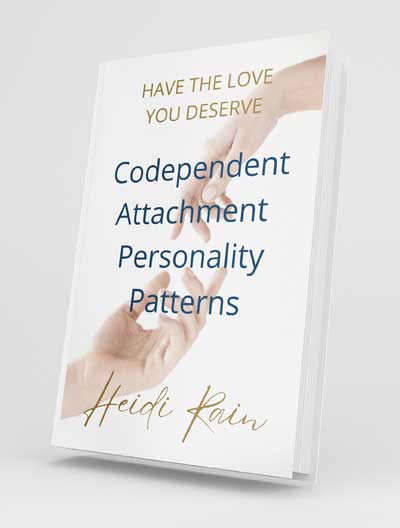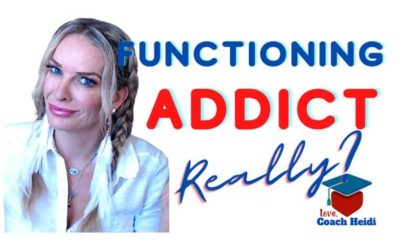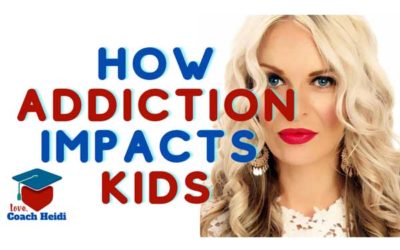Are you too nice in your relationships?
We’ve all heard nice guys finish last. It’s been said that when a guy is too pleasing, he loses his edge turning off the otherwise would be smitten female.
But, what about women, do we experience the same fate? Are we turning off Mr. Perfect?
Let’s squash the played out masculine/feminine debate and have a more interesting conversation.
I want to answer the bigger questions of “what’s too nice”, Who does being too nice attract?” And “When does it become a real problem?”
First things first, I’m not talking about being kind, considerate, gentle, warm, or vulnerable.
Some people confuse being a good human with being too nice.
The right person is never turned off by kindness, vulnerability or intimacy.
These people are often dysfunctional in relationships and have an unhealthy view of intimacy which involves elements of all of the above.
Being too nice becomes a real problem when it involves an element of compulsive compliance.
Then, you move from being nice to being a people pleaser.
People pleasers are compelled to put the needs of others before their own. They become the sacrificial lamb, dying to the whims and wishes of others.
Excellent chameleons, they often shape shift into an imagined ideal of their love interest, being whoever they need to be in effort to gain approval, affection attention or acceptance.
In other words, people pleasers lose themselves in relationships.
They withhold their true thoughts, feelings and beliefs when they fear they differ from others, spurring potential judgment, conflict or rejection.
Research shows that two of the key elements attracting us to one another is our authenticity and confidence.
So, who would likely be attracted to someone who loses themselves?
You’ll attract someone totally comfortable with you being who they want you to be. They don’t mind telling you who to be and how to behave. This person wants to be in control of you.
You’ll attract someone who is happy to have you put their needs first and take advantage of you.
You’ll attract someone who doesn’t particularly care about your feelings, thoughts or beliefs.
In other words, you attract takers, narcissists and otherwise dysfunctional people.
Obviously this becomes a problem when you habitually get into relationships with these types of unhealthy people.
You find that you are not happy. In fact, you are often upset and resentful of the imbalance in your relationship.
You long for a partner, and want mutually beneficial relationships, not the one sided situations you find yourself in over and over again.
So, what’s the solution?
The first step is awareness.
Your behavior is likely subconscious and you’re not even aware of the codependency patterns you’re exhibiting.
People pleasing behavior stems from wanting to be loved. You want to feel close, connected, needed and valued in your relationships. But when your desires to please become unhealthy, it’s at the expense of yourself.
Becoming conscious of your codependency patters means we get to the root of where this behavior originated and deprogram the long standing beliefs you hold about yourself that make it possible for you to behave this way.
Then, we work to uncover new ways of thinking and behaving in relationships that support your relationship vision.
The thing is, it’s not just about your relationships.
If you are a people pleaser, you do it everywhere: in your family, with your friends, and at work.
And that takes a toll on you emotionally, financially, physically and psychologically.
You deserve to be happy and have relationships that work!
I can help you do that. Please reach out for more information or to schedule an appointment.





0 Comments